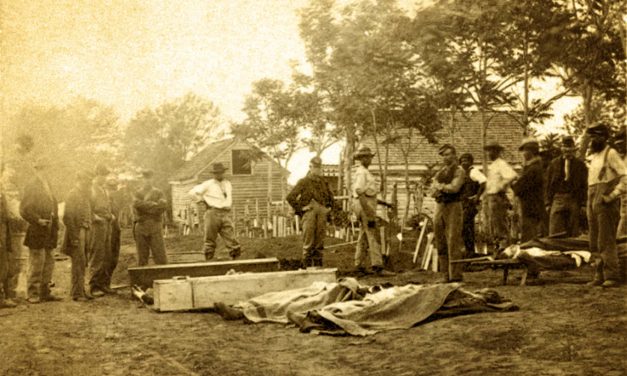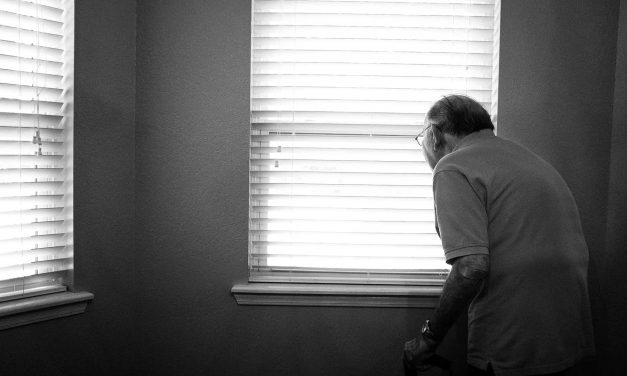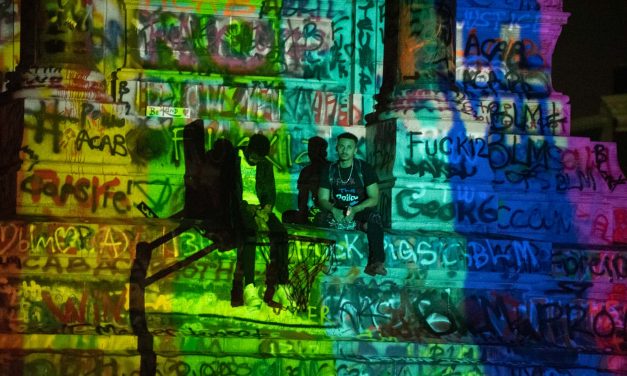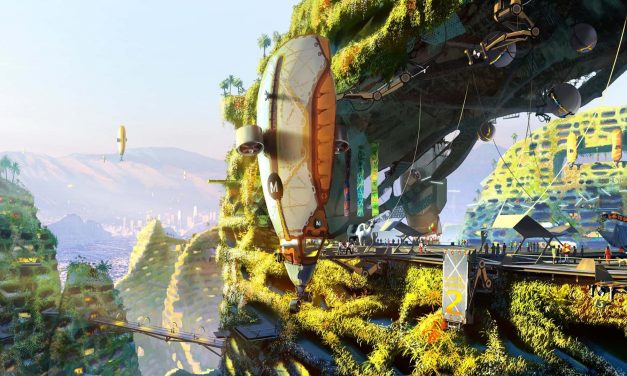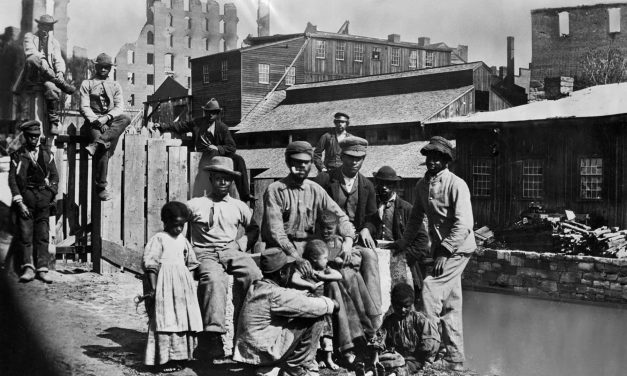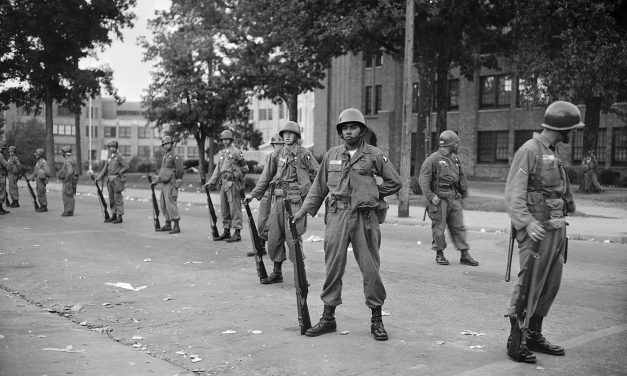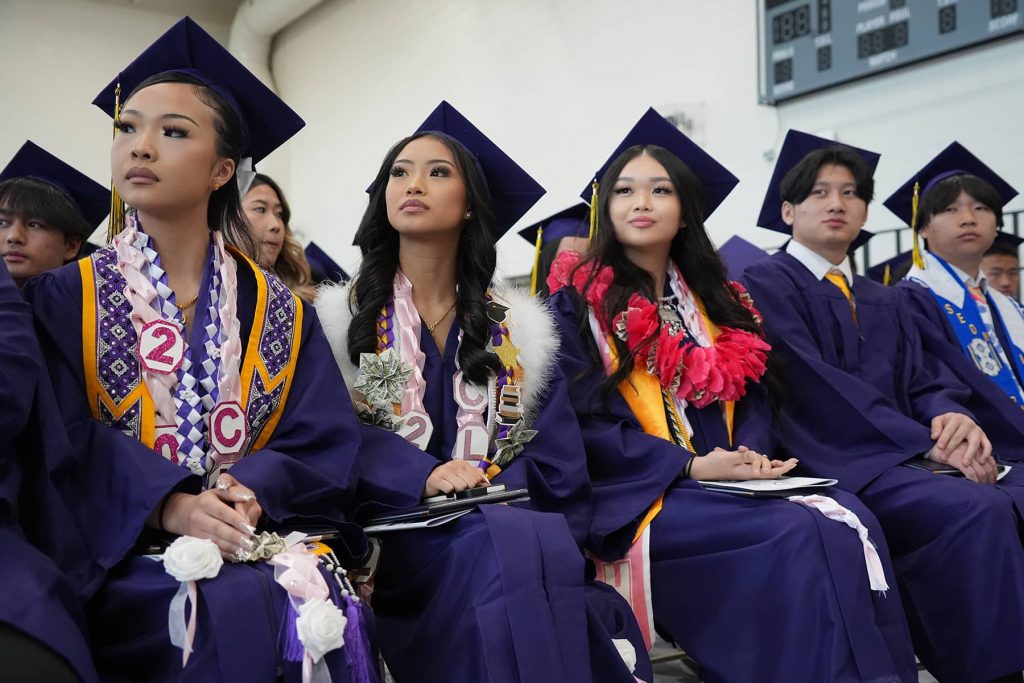From 1864 Rebellion to 2020 Pandemic: America cannot have a free society without elections
By Calvin Schermerhorn, Professor of History, Arizona State University The outlook was not promising in 1864 for President Abraham Lincoln’s reelection. Hundreds of thousands of Americans had been killed, wounded or displaced in a civil war with no end in sight. Lincoln was unpopular. Radical Republicans in his own party doubted his commitment to Black civil rights and condemned his friendliness to ex-rebels. Momentum was building to replace him on the ballot with Treasury Secretary Salmon P. Chase. A pamphlet went viral arguing that “Lincoln cannot be re-elected to the Presidency,” warning that “The people have lost all confidence...
Read More
